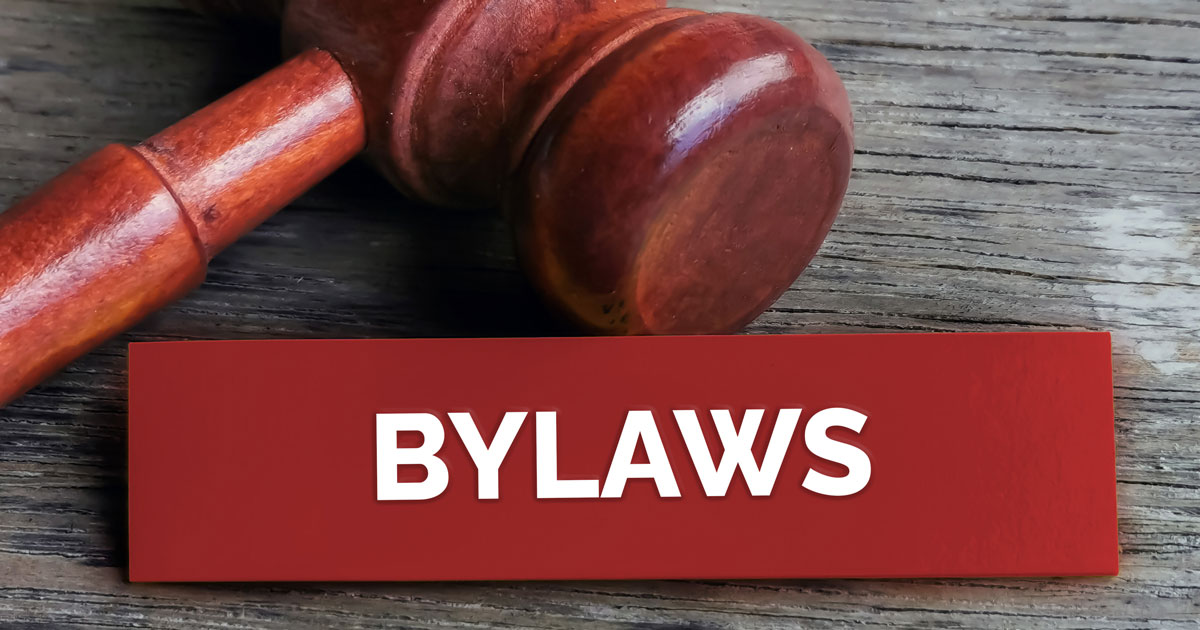Does Your Corporation Own Your Life Insurance?
Shareholders often (and should) enter into buy-sell agreements to provide for the purchase of their shares of stock upon the occurrence of certain events, such as death, disability, divorce, or bankruptcy. Often, these agreements are “funded” through the purchase of life insurance policies, payable on the death of a shareholder. There are various ways life insurance policies can be purchased, one of which is to have the corporation purchase them from an insurance company. If this is the method your corporation has chosen, a recent U.S. Supreme Court decision may interest you.
On June 6, 2024, the U.S. Supreme Court ruled that the value of a life insurance policy owned by a corporation was included in the value of the corporation for estate tax purposes when one of the shareholders died. The corporation used the $3 million proceeds to acquire the deceased shareholder’s shares. The estate valued the corporation at $3.86 million. The IRS valued the corporation at $6.86 million, amounting to the $3.86 million the estate claimed, plus $3.0 million life insurance proceeds. The Supreme Court agreed with the IRS and held that the redemption obligation did not affect the fair market value of the corporation since a third party would acquire everything and extinguish the obligation to redeem the shares.
If you’ve purchased a life insurance policy to fund the purchase of the ownership equity of an entity upon the death of an equity owner and would like to discuss methods to avoid this result, please contact Morris R. Saunders or any of Levin Ginsburg’s corporate practice group attorneys.



